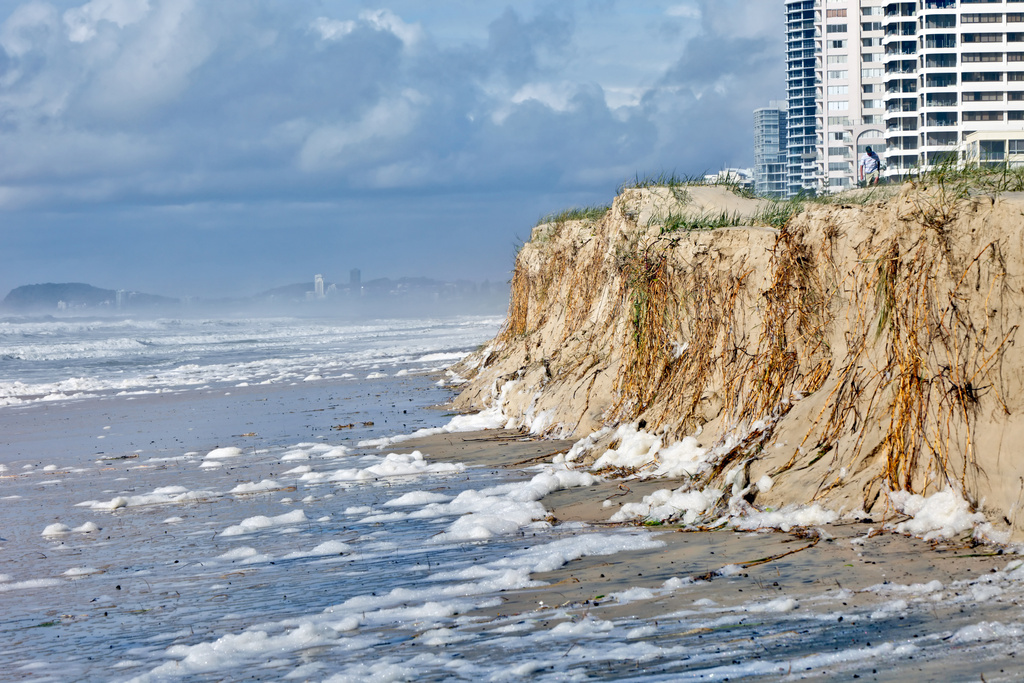The Intergovernmental Panel on Climate Change (IPCC) Working Group II Climate Change 2022: Impacts, Adaptation and Vulnerability report was released on 28 February 2022.
The report outlines the major impacts from climate-driven extreme events like unprecedented heatwaves, drought, bushfire, floods and storms, along with climate-induced risks to communities, infrastructure and livelihoods from sea level rise and other future climate impacts even under low warming scenarios.
The report’s 18 chapters examine specific topics such as biodiversity, water, food and human health, along with assessing those implications for specific regions, including Australasia. It explores the continuing trends in biodiversity loss and natural resource overconsumption in addition to growth of cities and the inequalities associated with increased population of urban areas.
The impacts of climate change are increasing in frequency and intensity around the world including life-threatening heatwaves, floods, storms, and droughts. Evidence indicates these events are happening simultaneously in one place, causing cascading and compounding impacts.
IMOS and the report
IMOS contributions cover the breadth of our program including long-term and recently established observing capabilities.
The 2022 IPCC Report includes 64 publications using data from IMOS infrastructure which were cited 90 times.
Significantly, these publications cover a range of IMOS Facilities including Argo Floats, Ships of Opportunity, Deep Water Moorings, Ocean Gliders, Autonomous Underwater Vehicles, National Mooring Network, Animal Tracking, Australian Ocean Data Network, IMOS OceanCurrent, and Satellite Remote Sensing.
Data from some of IMOS’ newer Facilities such as Surface Waves and Event Based Sampling were used in publications cited in the report providing an early demonstration of their value for understanding climate change.
Publications using IMOS data ranged across the physical, chemical and biological variables we observe in Australia’s oceans.
Importantly, 55% of the publications using IMOS data were recently published (in the last three years) and 53% hadn’t been previously used in other policy documents.
How IMOS will contribute to adaptation and climate resilience into the future
Climate change is increasing pressure on our natural environment, communities, infrastructure and economic sectors including agriculture, fisheries, finance and tourism.
- Coastal erosion and inundation from sea level rise and extreme weather events are affecting the many Australians who live close to the coast.
- Climate change is disrupting the ability of our farmers and fishers to produce food sustainably and profitably.
- Ocean warming will increase the loss and degradation of coral reefs, kelp forests and their associated biodiversity due to rising sea temperatures and marine heatwaves.
Sustained ocean observing provided through IMOS plays a key role in delivering information to underpin management and policy decisions for Australia’s adaptation options and pathways.
There is an extensive range of stakeholders who need information about climate change to ensure planning includes preparedness for future conditions. These stakeholders go beyond marine industries to include city planners, governments, defence, emergency services, finance and insurance agencies, business operators, the Bureau of Meteorology, Traditional Owner communities and the general public.
Australia needs a coordinated and cohesive approach to observing and understanding climate change and related coastal dynamics – IMOS provides a pathway as a well-established, collaborative program that delivers on a national scale.
Through maintaining IMOS’ delivery of important, high quality ocean observations and an expansion to incorporate coastal observations, Australia would have the full ocean observing package from the open ocean to the coast with associated data products to underpin management and industry decision making. This information is crucial for future planning and our ability to de-risk our communities and industries.
If you would like to download this news item as a factsheet click here.
